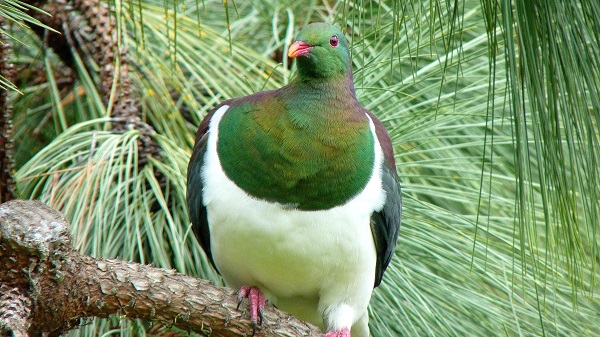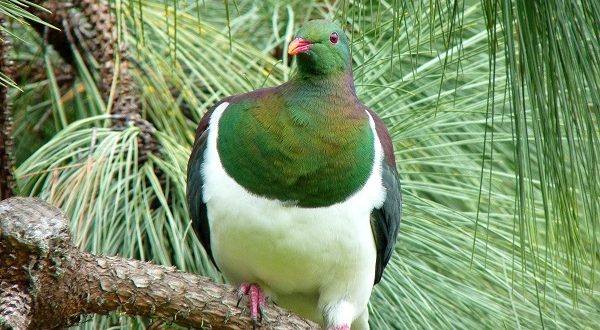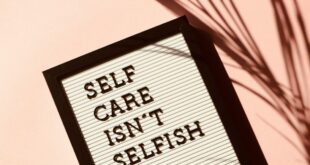Birds bring life and colour to the garden, and never more so than in the colder months when food is scarce and our avian friends look to us for help. Unfortunately, we humans can unwittingly do more harm than good to birds – and all because we don’t fully understand the ramifications of what we think of as our ‘helpful habits’. Check our list of no-no’s to see if you need to change one or two of your ways.
Killer food
Kākā are big, bright, cheeky birds, and many of us are now seeing them on a regular basis in our backyards thanks to the success of predator-free fencing in areas in or adjacent to high population centres. In an effort to draw these fabulous natives even closer, many of us try to lure them onto our balconies with treats of fruit and nuts. Sadly, this has serious repercussions for our bird friends as the foods we supply are not part of the birds’ natural diet. As a result, metabolic bone disease (MBD), can develop, especially in young chicks. This nasty disease not only pains the chicks but also renders their skeletons too weak to allow them to fly from the nest once they have fledged. Kākā are best not fed at all. Instead, attract them into your garden by planting bird food in the form of flax, kowhai, and rata.
Natives first
It’s your garden, so it’s your choice as to which birds you welcome into it. However, it pays to bear in mind that our native birds are not grain eaters. If you want to support smaller native birds such as tui, bellbird, and wax eye, feed sugar-water, not seeds. Feeding grain encourages exotic birds which then establish your garden as their territory, preventing native birds from enjoying the space.
Spilled food
If you are feeding cut apple to your smaller native birds, make very sure the fruit cannot drop to the ground. If it does, the birds will search for it on the grass and become a target for predators such as cats and stoats. The best way to feed apple is to peel it (so the birds can access all surfaces) and feed it in a mesh bag securely tied to a tree.

Window strike
Bird doctors countrywide deal with dozens of window-strike injuries each year. When a bird flies into your window, it is always at high speed. Chest compression fractures are the most common injury, followed by broken wings and head injuries. Help prevent these injuries by placing bird feeding stations birds well away from windows and glasshouses, and be vigilant about applying ‘decals’ to windows. At first you will notice these translucent stickers on the glass but after just a few days, you won’t mind them a bit, and your views will ‘return’. They can be purchased from Project Kereru.
Ban the spider spray
Clinicians at bird hospitals around the country report that injured birds brought to their centres have less chance of surviving an injury because of the toxins already in their bodies. These toxins build up when the birds fly around spider-sprayed homes collecting insects to eat. The poison in the insects is taken into the bird’s body, and is also passed onto their chicks if they are nesting at the time. If you love birds, say ‘no’ to spider and insect spray. And if the cobwebs worry you, put a ‘We welcome webs’ note on the door, proudly telling visitors of your decision.
Slug and snail bait
Slug and snail bait will kill off unwanted pests, but it can also harm your feathered friends. Birds are usually poisoned not from the dead slugs and snails themselves but from picking up the bait. Read packets carefully before buying, and always opt for bait that has been treated with a bittering agent, and which is pet friendly.









Join the Discussion
Type out your comment here:
You must be logged in to post a comment.